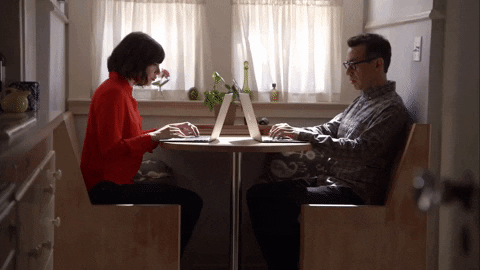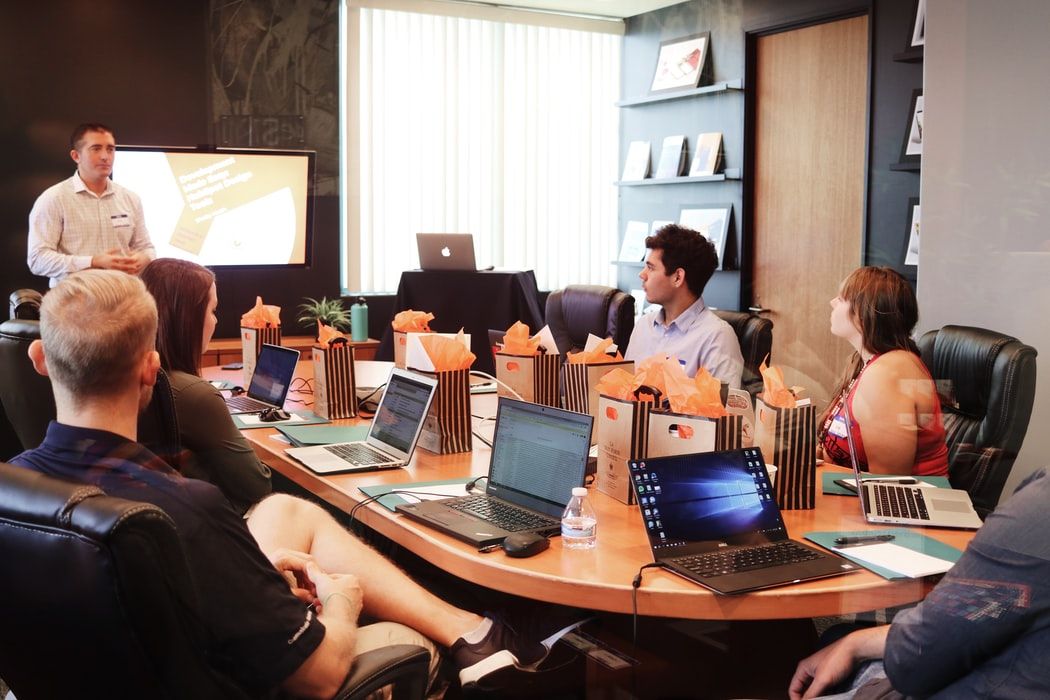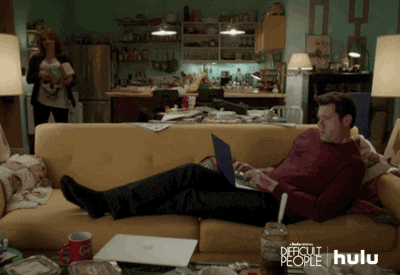What is remote work and how is it changing in 2021?

Paul Murphy
2021.08.10
4 min read

I live in Italy where, until Covid, remote work didn’t happen. A few years ago I asked a friend – in the IT business – why he had to go into the office every day. His answer surprised me: “Because in Italy, no one believes that people will work at home.”
To me, this seemed utterly bizarre. I come from a culture where work is measured by output, not hours spent in an office chair.
If the past informs the future, I’m pretty well qualified to talk about remote work.
Old School Remote Work
Some of you may remember a blog I wrote about my early experiences with remote work. I hired my first remote developer in 1995. That was so long ago that we didn’t even have a term for it. We just called it “some of our developers live too far from the office to come in” work. Today, we’d call that situation “hybrid” work. Some of us were in an office; some of us weren’t.

The most notable aspect of remote work in the early days is that it was solely the province of technical workers: programmers, testers, and support personnel.
Today’s Remote Work
Between 5 and 10 years ago, remote work for other professions became more common.
My wife’s company, for example, is fully distributed. They are a recruiting firm with very few technologists. When I asked the CEO why he’d chosen this model he told me that it was because the largest unused workforce in America are mothers of young children.
He explained that many of those women are well-educated and want to work, but they can’t afford or don’t want full-time third-party childcare. They can only work if work is flexible. The company is very flexible. The only thing that matters is output. No one cares when or how much anyone works.
My wife’s company was an exception until Covid-19 forced many white collar workers to stay home. Now, many people work that way, and many are very happy about it.
Managers are reporting improved productivity, and lots of people are thrilled to avoid long commutes. Flexible work conditions, it turns out, are generally popular.
Of course, there are problems with everyone being remote.
Some people can’t motivate themselves to work when they’re at home. This is a tough problem to solve. I suspect that in some cases people don’t have the personality to work in isolation. In others, the job is boring. Maybe they didn’t work when they were in an office either, but going in and seeing colleagues may have made them feel as if they were getting more done. It’s easy to waste time in an office!
Some people miss in-office socializing. We’re social animals. Luckily a lot of companies – including Toucan! – are working to solve this problem.
Some people don’t have enough space at home and don’t have the right setup. These problems will take time to resolve themselves. A lot of people in small urban apartments moved out into bigger houses when the health crisis hit. Others couldn’t because they were locked into long-term leases, or because they had a mortgage that was bigger than their property’s value. And finally, some people didn’t move because they assumed that working-from-home was temporary.

Hybrid Work
It’s clear from recent research that our way of working has changed permanently. Some companies will be fully-remote (Toucan is!), some will be fully centralized, and some will be hybrids.
I suspect that the hybrid working model will ultimately be the most common model.
Having a centralized office is useful. High-bandwidth interactions can be very productive. On the other hand, having some people on-site and others off-site will create a two-tier workforce. We’re going to have a tough time resolving that problem.

My wife’s company deals with the bandwidth problem by having two in-person all-hands meetings every year. She tells me that they are a fantastic way to get the whole company in sync and that an enormous amount is accomplished at every meeting.

The Future of Remote Work
So is this it? Is remote work going to become a permanent part of our landscape?
In some cultures, absolutely. In others, absolutely not.
I can report my friend was right. In Italy, nobody working from home is actually working. Government agencies and private companies have become completely unproductive. And the excuse is always the same: “Things go slower with smart working.” Yes, they call it “smart working”, even though it involves no work and, in this environment, it’s definitely not smart.

See Toucan in action without having to register
About author

Paul Murphy
Toucan co-founder.
Rabbi, driving instructor, and acrobat in parallel universes.
Go back to blog
© 2024 Toucan Events Inc. All rights reserved.
